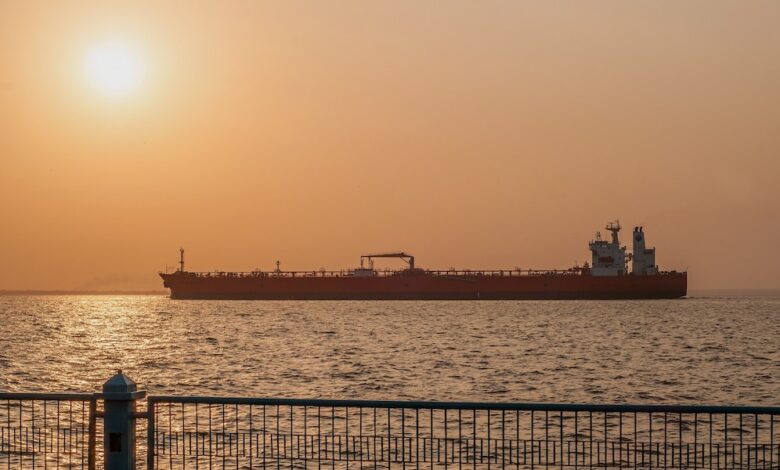
S&P Global Market Intelligence has become the latest firm to put a figure on the scale of the so-called dark fleet, the growing list of ships operating in contravention of sanctions in place against countries such as Iran, Venezuela and Russia.
The New York-based company, one of the largest shipping data providers in the world, estimates there are 443 tankers above 10,000 dwt operating within the Russian shadow fleet.
Splash’s own investigation, based on data from exactly one month ago, put the number at 421 ships, while Lloyd’s List Intelligence suggested the number was 440 ships as of March 10.
According to S&P Global Market Intelligence, the number of vessels with a wider potential for risk in regard to Russian sanctions is estimated to be 1,900. From these 1,900 ships the majority are Greek-owned.
Contained in the white paper published today by S&P Global Market Intelligence is a focus on the flag of Cameroon, which has become an important enabler of moving sanctioned cargoes.
Out of the 43 tankers currently registered with Cameroon only three of them have a fully documented and transparent ownership structure, according to S&P Global Market Intelligence. In 2021 and 2022 the number of tankers moving under the country’s flag doubled in size and continues to grow in 2023.
“Since the Russian invasion of Ukraine, vessels are moving to the Cameroon flag in the hope that suspicious vessel practices, including membership of a shadow fleet, would not be regularly scrutinised or inspected,” the white paper stated.

The flag of convenience policy shouldn’t be questioned..it is a fundamental rights to all ship owners although it’s still need proper scrutiny.